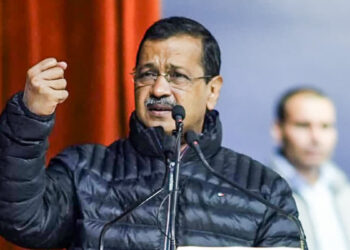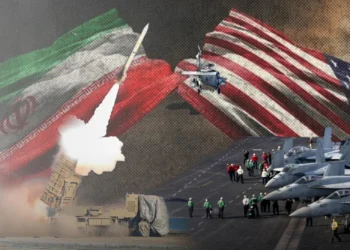New Delhi, July 8, 2025 – India has strongly dismissed allegations made in a recent report published by Pakistan’s *The Express Tribune* on July 6, 2025, titled “Doval Doctrine: India’s Trail of Terror.” The report, which Indian officials have called baseless propaganda, accuses India’s intelligence agency, the Research and Analysis Wing (RAW), of orchestrating destabilizing operations in Pakistan, particularly targeting the China-Pakistan Economic Corridor (CPEC) and the region of Balochistan.
The Pakistani report claims that India’s National Security Adviser, Ajit Doval, has been leading a strategy of “offensive defense” aimed at weakening Pakistan through covert operations, including funding terror groups and spreading disinformation. It points to alleged Indian involvement in incidents like the 2023 assassination of Sikh activist Hardeep Singh Nijjar in Canada and a foiled plot in the United States, as well as attacks in Pakistan’s Balochistan region.
Indian intelligence sources have rejected these accusations, labeling them as a distraction from Pakistan’s internal challenges. “There is no proof or credibility to these claims,” an Indian official told *News18*. The official suggested that the report, allegedly based on a document from Pakistan’s military media wing, Inter-Services Public Relations (ISPR), is part of a China-backed disinformation campaign to portray Pakistan as a victim and tarnish India’s global image.
India has pointed to its own actions, such as *Operation Sindoor* in May 2025, as evidence of its focus on combating terrorism. The operation involved precision airstrikes on alleged terror camps inside Pakistan following the deadly Pahalgam terror attack in Jammu and Kashmir on April 22, 2025, which killed 26 civilians, mostly tourists. India claims these strikes targeted terrorist infrastructure, not Pakistani military or civilian assets, and were a response to Pakistan’s history of supporting cross-border terrorism.
Tensions between India and Pakistan have remained high since the Pahalgam attack, which India attributes to Pakistan-based groups like The Resistance Front (TRF), believed to be linked to Lashkar-e-Taiba. Pakistan has denied these allegations and called for an international investigation, while also suspending bilateral agreements like the 1972 Simla Agreement in response to India’s actions.
The international community has urged both nations to de-escalate. The United States has expressed solidarity with India’s right to defend itself, while China has supported Pakistan’s call for a fair investigation into the Pahalgam attack. The United Nations Security Council is expected to discuss the issue in an upcoming meeting, with India preparing to present evidence of Pakistan’s alleged role in supporting terrorism.
As the two nuclear-armed neighbors trade accusations, analysts warn that the escalating rhetoric risks further destabilizing the region. For now, India maintains that its actions are part of a broader fight against terrorism, while Pakistan insists it is a target of Indian aggression. The truth, as always, remains caught in the complex web of South Asian geopolitics.





































